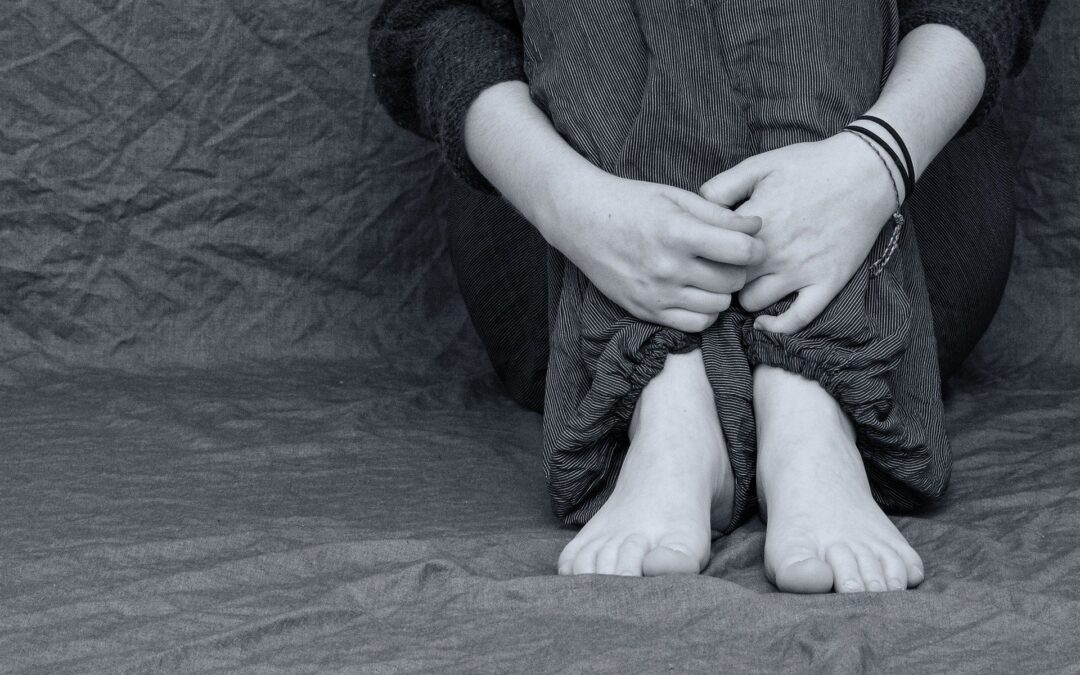Wow, it has been some time since I last updated this blog, and I apologize for going AWOL. I have been swamped with many client work and other responsibilities to put it on the backburner. But I made some time to write this post, and I want to talk about something I have wanted to talk about for a long time. That is victim-blaming and shaming.
When you hear about victim-blaming and shaming, you hear about women being blamed for any sexual assault they endured. They were told ‘they deserved what they had gotten because of wearing something too revealing’ or ‘they were too flirtatious’ or, ‘they were dressing and acting like hookers’, and it goes on. Firstly, men and women that were sexually assaulted are not responsible for what was done to them. The ones who are solely responsible are those who commit the crime in the first place.
In addition to that, men who have been sexually assaulted are always shamed for ‘not being man enough’ or ‘for being wimps,’ which is why so many battered men are afraid to speak up. That must end. However, this post is not about this particular issue. It is about victim-shaming and blaming in general.
And the reason I brought up sexual assault being the one thing you think about when it comes to victim shaming or blaming because it is just one example of it. It is not the only thing it applies to the way many people think.
Victim blaming and shaming happens whenever someone who was truly a victim of abuse or other misfortune types and tragedy is blamed for what happened to them. Instead of getting the validation and support they need, they are blamed, which causes even more damage.
Another common example of victim shaming and blaming is bullying. If a child or even an adult is bullied, they are told it is their fault for being weak and not having a backbone. Or worse, they are told they deserved being bullied because they act strange and need to be taught a harsh lesson to fit in better. That is one thing I had to endure. I was told it was my fault for being bullied in junior high because I was too strange. Yes, it hurt my self-esteem even more for a long time. Still, all it made me, in the end, was more rebellious about going against society’s ridiculous standards and speaking up about how disgusting they really are.
Body-shaming is another example of victim shaming and blaming. If you are too skinny, you are anorexic (and that is not exactly a crime as it is an illness as my ex-friend who is schizophrenic suffered from anorexia and was ashamed of it sadly). If you are fat or overweight, then you are lazy and a glutton. Never mind those weight extremes can be a sign of a serious underlying illness, whether it is anorexia or severe burnout, or depression, which would cause being overweight or obese.
Obesity can also be a sign of other serious underlying conditions such as hypothyroidism, having to take life-saving medication, or it can just be due to plain bad genes.
Mothers with special needs are also victim-shamed (victims because yes, these mothers do have a valid reason to cry about not getting enough support they need). They are shamed and blamed for their kids turning out the way they did because they ‘did something wrong when they were pregnant.’ The same goes for couples that struggle with infertility or are not able to maintain a pregnancy. Though, the shaming they go through is not the same as the types written above.
Those who struggle with infertility and the inability to carry to term are told that ‘they are not meant to have kids so they need to give up and accept that reality’. That is very hurtful and another example of another form of victim shaming.
And I will say that those who have mental illnesses such as depression are shamed for ‘not thinking positive enough’ and are told they deserve to suffer because they choose to be unhappy, which is very harmful. That statement perpetuates the stigma even more.
Do you see what I am getting at here? Those who are victims of sexual abuse and bullying but who are victims of social stigmas are blamed and shamed for it. If you are the one who is busy shaming and blaming those who ended up with a case of bad luck, then imagine putting yourself into their shoes – and completely unable to control your circumstances.
Imagine yourself having to take a life-saving medication that causes your metabolism to stagnate, and you end up gaining a lot of weight as a result. You also do your best to counteract the weight gain by eating healthy foods in small portions and getting a lot of physical activity into your schedule. How would you feel if you were shamed for being overweight by being told you are lazy and gluttonous. That would make you feel even more self-conscious than you already do.
The next time you are about to shame or blame someone for being victimized, do your best to put yourself into their shoes even if you cannot relate. Victim-blaming and shaming would not happen if there were more empathy in the world than there is currently.
Disclaimer: I am not an expert in depression or mental health as I am solely and advocate for depression and mental illness in general!


Showing empathy and attempting to put yourself in somebody else’s shows is some important. Yet so many fail to do it. Thanks for sharing this… it’s a very thoughtful post.
Yes, that is a significant challenge that so many people face nowadays. Thank you for the comment.